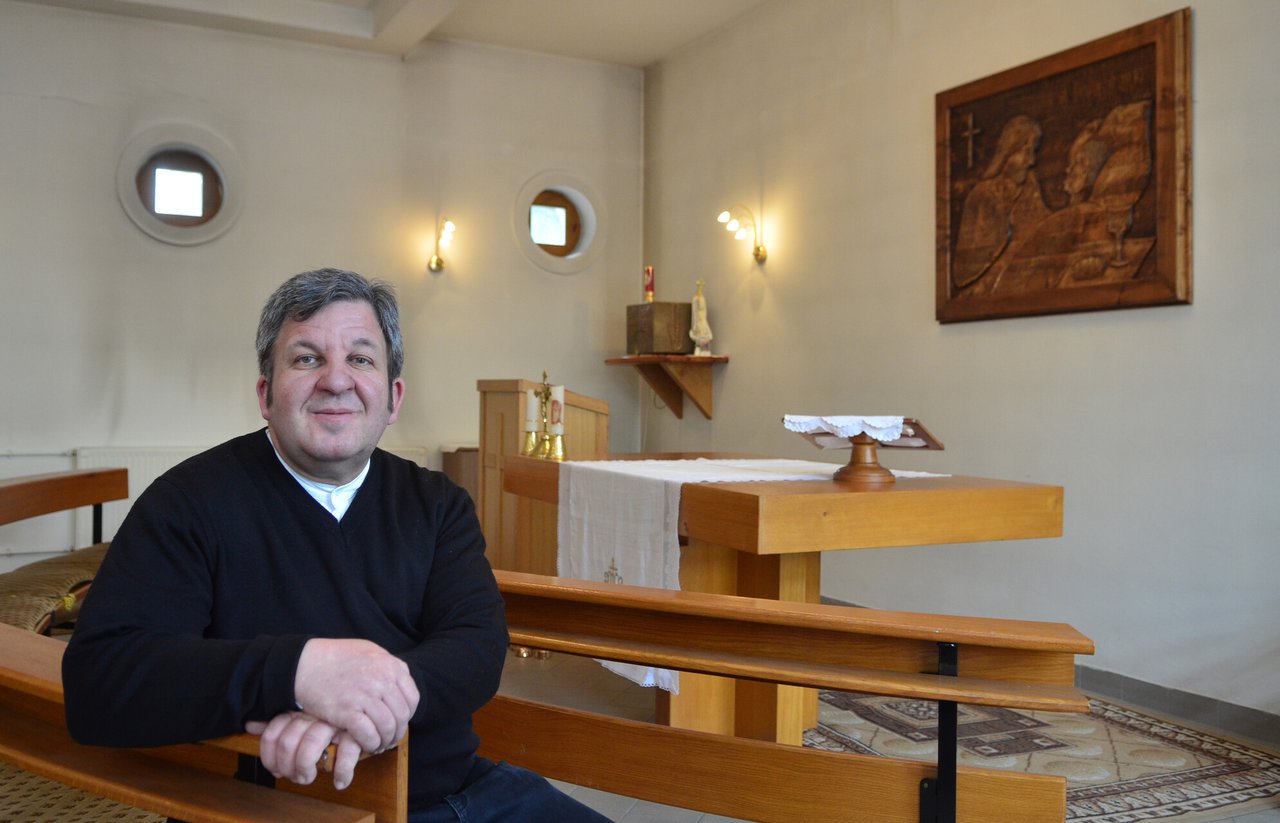Suicide is the third most common cause of death among 15-19 year old young people Hungary. The school year has barely started and a 16-year-old boy has already given up his life because he was bullied by his classmates. Taking one's own life should not only be addressed in suicide cases, but on a regular and a general basis, say experts. Interview with Attila Gecse, a grief therapist, hospital chaplain, founder of the Elisabeth Hospice Foundation. In addition to providing pastoral care to psychiatric patients, he is the leader of the grief group at Bátor Tábor (‘camps of courage’).

What can a grief therapist say to fellow students, teachers and parents after such a tragedy?
When a bench is suddenly empty, when someone is missing from the class who we know won't be coming back, we need to talk about it honestly: who has been affected by the event, what thoughts and feelings it has triggered.
The best way to prevent tragedy is to practice empathy: I understand and empathise with the other person.
Children today must be taught that the most wonderful communication is human speech, true conversation: I can tell and I can listen. It does matter how one’s voice sounds, how its inflection is. This information carries, gives and means so much. Let us not forget that words can also be used to hit and hurt. If I am not curious about the other person, but am determined to prove my own truth, I am trying to dominate the other person, and this prevents a real relationship from being established.
How can we help those who feel alone, captured in the web of abuse? What can a religious teacher e.G. do?
Simply: make time for the children. Offer time to listen, to see, to notice children who are being abused. In school we want to transfer an enormous amount of knowledge, while there is the sensitive child who may just want me to sit down and ask how he is. It's sad when children are not aware how many different teachers and other helpers there are in a school they could turn to. Bullying in schools is always a community story. It is not just a matter of a few children picking on someone, bullying works because there is a context, a social environment - be a class, a school, a town, a society - where people as ‘bystanders’ do not take action in time to stop it happening. A religious teacher would do well to recognize children growing up without the necessary attention and care of the family, young people with limited abilities due to the pain and neglect of their spiritual needs and souls.
Religious classes and Bible stories provide a wonderful opportunity for a child to feel that we are listening to them like Jesus does, that they can express their feelings without being hurt, without hearing that you are a sinner.
It is very important to mediate in a living way to children what we mean by God's love, so that they can be liberated from anxiety in this atmosphere. What in many cases they don't dare to tell their parents at home, they can share in the religious education.
A good religious class can shape lives, a good religious teacher can save lives.
The family is the first community of a child, into which hi is born, and it is in this family that he lives until his youth, when he starts a family of his or her own. But not everyone has this family model. And churches are playing an increasing role in the child protection system.
If the work of child care - whether in children’s homes or foster families - is carried out with a sense of mission and truly reflects a 'Christian spirit', which is demonstrated not by words but by deeds, then we can give these children a future. We can give them the solid foundation on which they will later they happily and intentionally will build their own family. They will not feel the disadvantage they suffered as children, but the gift they have received in a home, in a foster family, in a community that is the fellowship which Jesus experienced among His disciples.
Originally published in Reformátusok Lapja, the Weekly of RCH.